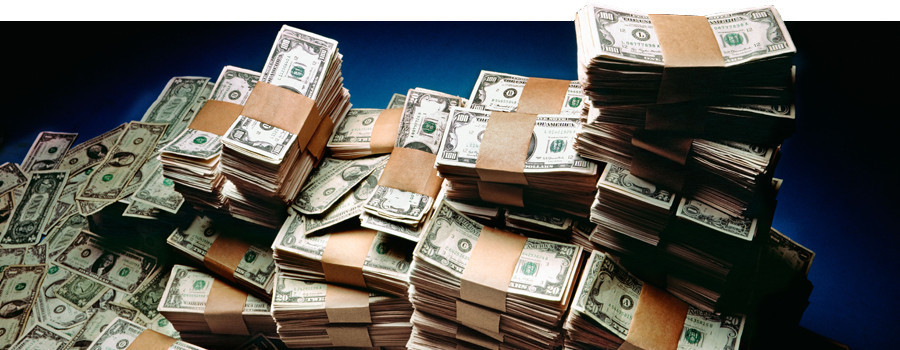 Big banks are on track to spend a record amount lobbying lawmakers this year.
Big banks are on track to spend a record amount lobbying lawmakers this year. The five banks that spend the most on lobbying have boosted their lobbying outlays by 12 percent in the first three quarters of 2011, compared to the same period last year, according to an analysis by the Charlotte Observer. Commercial banks comprising the banking industry have spent close to $47 million on lobbying so far this year, compared to $42 million at this time last year, the report finds.
The report comes as lawmakers and federal agencies continue to write hundreds of rules stemming from the Dodd-Frank financial reform act passed in July 2010. The bill, which lawmakers passed in response to the 2008 financial crisis, includes provisions regulating a variety of commercial banking fees, such as overdraft and debit card charges, in addition to rules on certain types of trading and other types of financial activities.
In its entirety, Wall Street firms have already spent more than $100 million in total this year on lobbying related to Dodd-Frank, according to The New York Times, with some success: Many experts claim that the Volcker rule -- a regulation aimed at curbing proprietary trading -- is so watered down it bears little resemblance to the former Federal Reserve Chairman Paul Volcker's original proposal. A handful of Occupy Wall Street protesters recently launched "Occupy the SEC" in direct response to what they perceive as the weakening of the Volcker rule.
And bank lobbyists are fighting back. A notable financial services lobbying firm hatched a plan earlier this week to spend $850,000 on a variety of projects including "opposition research" on the occupy movement in an attempt to undermine it, according to Slate.
But banks may have more to worry about than just the Occupy movement. Cg42, a firm that consults with banks, estimates that big banks will lose $185 billion in deposits over the next year if they don't address consumer concerns. Consumers and lawmakers derided banks earlier this year for proposals to charge for once-free account services such as debit card use.
Before banks such as Bank of America, JPMorgan Chase, Wells Fargo and others pulled the plug on the debit card fees, some banking industry officials defended charges, claiming they were necessary to recoup revenue lost as a result of financial reform legislation.
The fees have pushed some consumers elsewhere. More than 650,000 people opened new accounts at credit unions between September 29 -- the day BofA announced its debit card fee -- and the first week in November, according to the Credit Union National Association. That's more than the 600,000 that joined credit unions in all of 2010.
Origin
Source: Huff
No comments:
Post a Comment